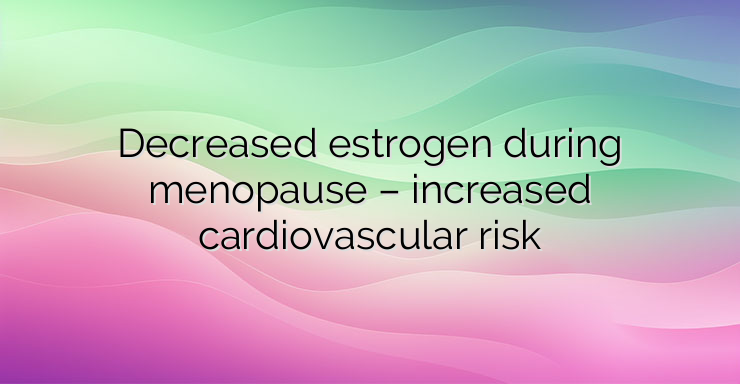Estrogen plays an important role in protecting cardiovascular health in women. When levels of this hormone drop after menopause, the risk of developing many diseases and conditions increases, including obesity, diabetes and cardiovascular disease. A study published in Nature Cardiovascular Research has shown that reduced levels of the estrogen receptor – ER-alpha, which, under normal conditions, is involved in the processes of heart muscle contraction, leads to a moderate disturbance in cardiac activity and an increased incidence of obesity. Scientists have found that the receptor for this sex hormone in the heart can regulate obesity in women. When blocking its action, expectations were initially focused on changes and disorders of cardiac function. However, the results have been mixed, with estrogen receptor blockade showing increased weight gain and adipose tissue accumulation. Genes are key to the contractility of the heart muscle and the heart’s metabolic functions. With reduced expression of the genes for the estrogen receptor – alpha in the cells of the heart, a reduced pumping function of the heart muscle has also been observed. It is the decreased availability of this receptor that leads to metabolic and lipidomic changes in the heart, as well as to metabolic disorders in skeletal muscle and adipose tissue. The cells that make up the heart were found to release extracellular vesicles that had reduced estrogen receptor content. This affects skeletal muscle function. These changes lead to impaired absorption of energy and its increased storage in landfills. This causes weight gain. An important success of the study is that these results can be used for the prevention and treatment of heart and metabolic conditions in women in the postmenopausal period – after the onset of menopause. In addition, efforts should be aimed at preventing the cardiotoxic effect of the therapy, which is prescribed in some cases to women in the premenopausal period. This therapy can lead to a decreased amount of estrogen receptors of the alpha type in the heart, indicating an effect on the accumulation of adipose tissue. In some patients who have been prescribed chemotherapy, for example, effects of the therapeutic agents on the heart have been observed. A decrease in the number of receptors in these patients is associated with an increased risk of obesity.


Leave a Reply